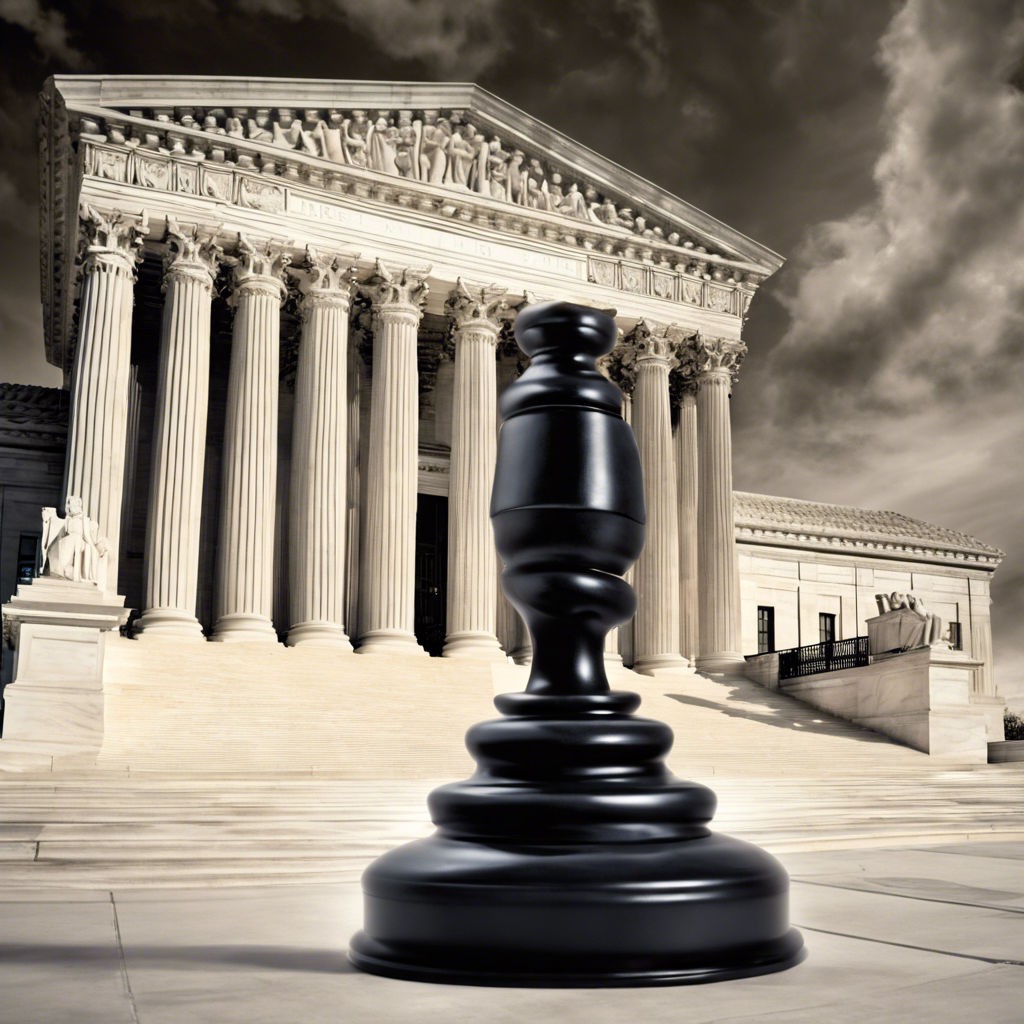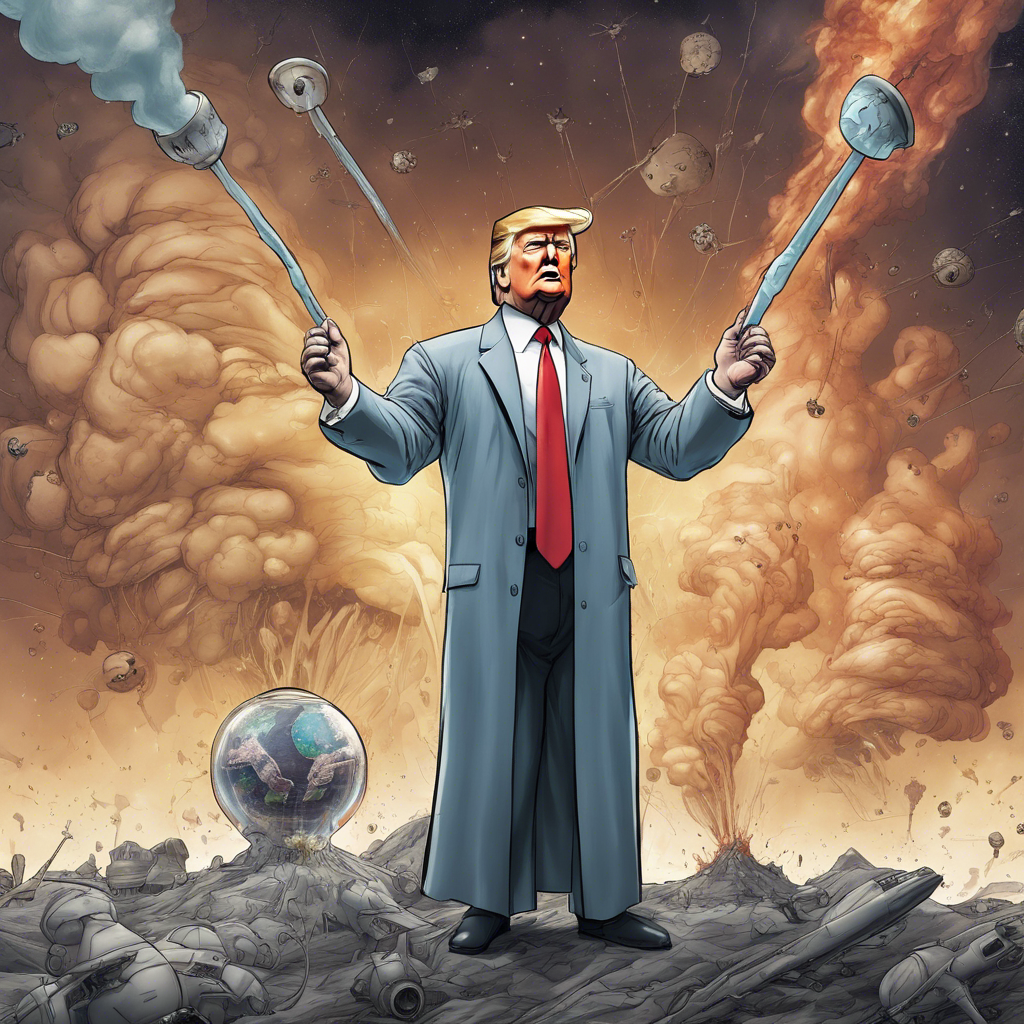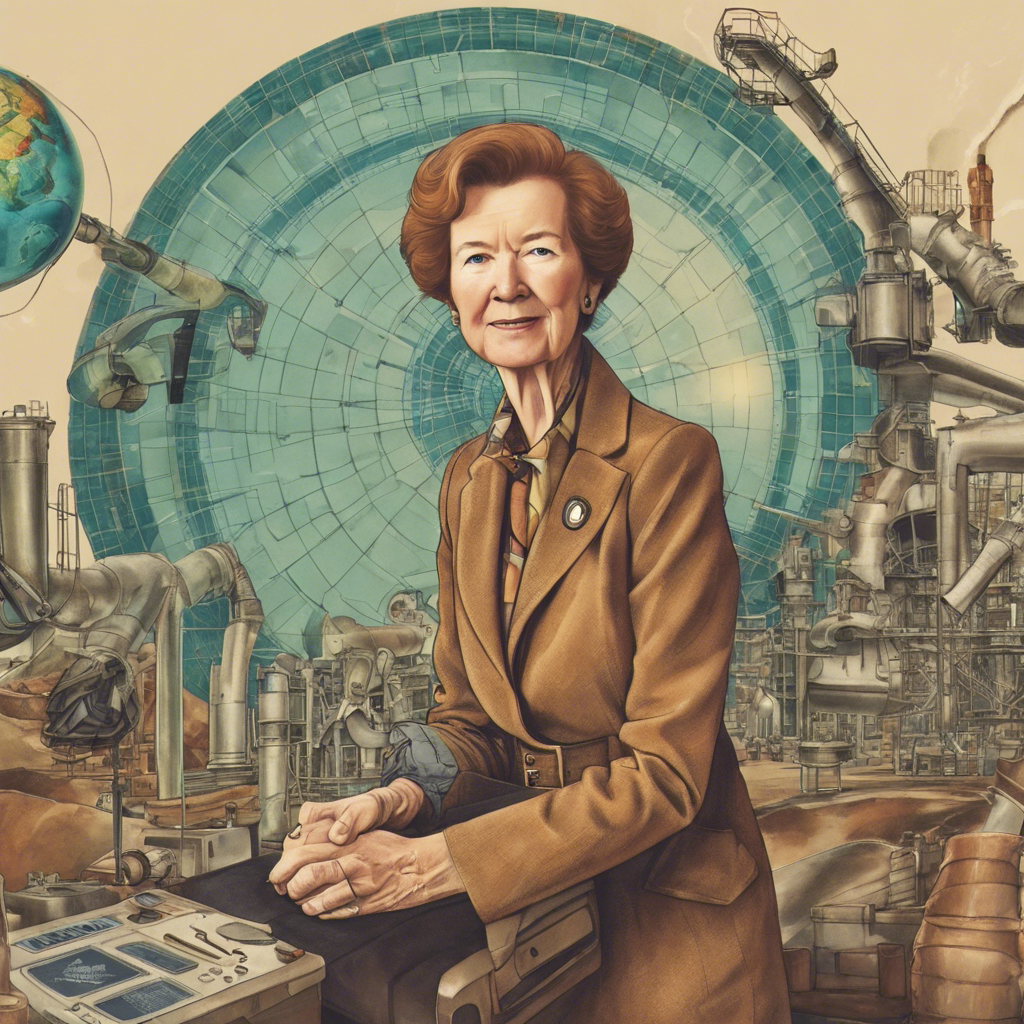Determinism vs Free Will: Is Our Behavior Truly Under Our Control?

Neurobiologist Robert Sapolsky challenges the concept of free will in his latest book, arguing that determinism, not personal choice, governs our actions.
Do we truly have control over our actions, or are we simply products of our environment and biology? This age-old question has been at the center of philosophical and scientific debates for centuries. Neurobiologist Robert Sapolsky’s latest book, Determined: A Science of Life Without Free Will, has ignited a fierce discussion by asserting that science supports the notion that free will is an illusion. Sapolsky argues that our behavior is causally determined by various factors outside our control, challenging the very foundation of moral responsibility. In this article, we delve into the arguments presented by Sapolsky and explore the perspectives of both compatibilists and incompatibilists in the ongoing debate over free will.
Is determinism incompatible with free will?
The concept of free will can be understood in different ways, and its compatibility with determinism is a subject of much debate. While determinism suggests that our actions are predetermined by various factors, many argue that lacking alternatives does not necessarily negate free will. For example, if someone locked you in a room while you were reading this article, preventing you from leaving, but you had no desire to leave anyway, was your choice to stay free? Compatibilists argue that the absence of alternatives does not determine the presence or absence of free will. Instead, what matters is how the decision is made.
The trouble with Sapolsky’s arguments
Sapolsky’s arguments against free will have been met with criticism from free will expert John Martin Fischer. Fischer points out that Sapolsky fails to provide a compelling argument for why his conception of free will is correct. Sapolsky defines free will as incompatible with determinism and assumes that this absolves individuals of moral responsibility. However, compatibilists believe that even in a determined world, humans can still be moral agents, capable of understanding right and wrong and acting for moral reasons. While our behaviors may be determined, compatibilists argue that we are still responsible for our actions.
Incompatibilists must defend themselves better
Some readers may find themselves sympathetic to Sapolsky’s arguments, contending that our choices are still influenced by factors beyond our control. However, this does not prove that having alternatives or being “undetermined” is the only way to have free will. Compatibilists argue that as long as our actions come from us in a relevant way, even if influenced by external factors, we can still possess free will. They differentiate between being physically constrained, like being tied up, and lacking the desire or motivation to act. The former is an excuse, while the latter is cause for condemnation.
Free will isn’t a scientific question
The debate over free will goes beyond scientific inquiry. While science can inform the discussion, it cannot provide definitive answers. Philosophical questions about the nature of free will and its relationship to moral responsibility require interdisciplinary engagement. Sapolsky’s mistake lies in assuming that his questions are solely scientific. To contribute meaningfully to the debate, scientists must engage with existing arguments and consider the diverse perspectives that have been developed over centuries of philosophical inquiry.
Conclusion:
The debate over free will and determinism continues to captivate philosophers, scientists, and thinkers from various disciplines. Sapolsky’s book has sparked intense discussion by challenging the notion of free will and arguing for determinism as the governing force behind our behavior. However, his arguments have been met with criticism from compatibilists who emphasize that moral responsibility and free will can coexist even in a determined world. The question of free will is complex and multifaceted, requiring a nuanced understanding of both scientific and philosophical perspectives. Ultimately, the debate invites us to question the nature of our choices and the extent to which we are truly in control of our actions.










